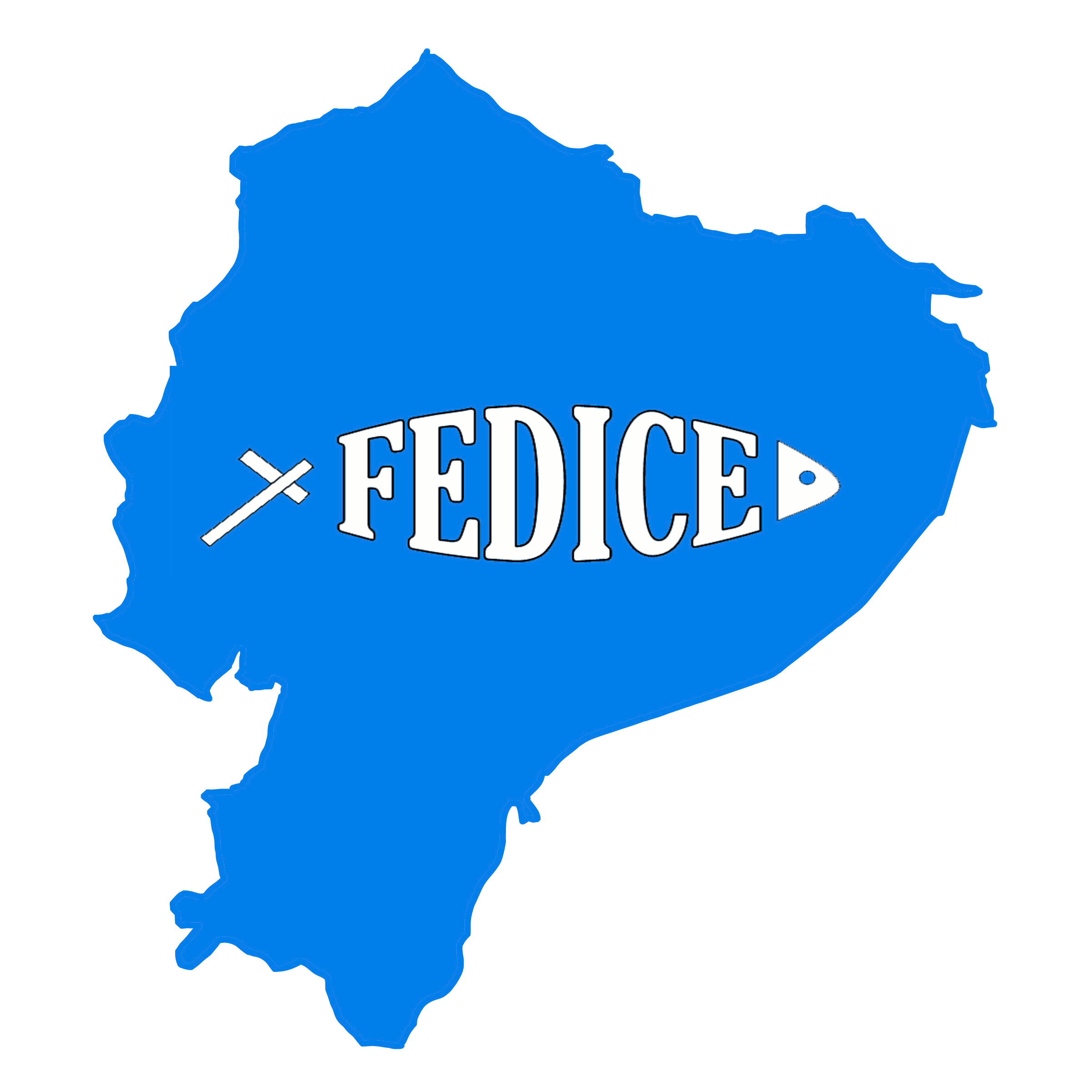SAN JOSÉ DEL TROJE ALTO
PROJECT FOR STRENGTHENING DAIRY CATTLE PRODUCTION
AND IMPROVEMENT OF PASTURES
SAN JOSÉ DEL TROJE ALTO GROUP
1. LOCATION
Province: Cotopaxi
Canton: Latacunga
Parish: Toacaso
Community: Cotopilalo
Sector: El Troje
Group: San José.
2. BENEFICIARIES: 18 families: 14 women and 4 men
3. FINANCING SUMMARY
3. SUMMARY OF THE PROJECT
The group of entrepreneurs from San José, located in the Cotopilalo cooperative in the community of Planchaloma, have been working on a productive project to raise domestic animals since the end of 2021. The organization has a common fund of $2,374, the result of generated resources and monthly savings from the previous project.
The organization invites FEDICE to hold a meeting, in which they request a new loan and announce the 18 families that are going to participate in this new dairy cattle production and pasture improvement project, for which FEDICE will provide of a refundable fund of $12,600 that will be distributed among the 18 families at $700 for each.
4. OBJETIVES
General objective
Improve the organizational, economic, nutritional and technical standard of living of the families of the San José organization with the production of dairy cattle and improvement of pastures.
Specific objectives
a) Strengthen the organizational part around the productive project.
b) Introduce dairy cattle and improved pastures.
c) Train families in animal management, accounting and organization.
5. GOALS
a) 18 families are strengthened in the group; the board of directors has been appointed to support the management of the project and direction of the organization for 1 year
b) The 18 families produce, within technical parameters, dairy cattle and improved pastures.
c) 18 beneficiary families trained in animal management, accounting and organizational issues.
PROJECT JUSTIFICATION:
With the organized work of the 18 families in the development of this project, the organization of San José del Troje Alto is strengthened organizationally, because they have a board of directors that was appointed with the desire to work with the foundation on a productive project creating sources of work, and the opportunity to work with FEDICE, which supports with credit and technical assistance.
6. THE PRODUCTIVE PROCESS:
BOVINE
-
Cattle are for milk production, a cow with good productive and reproductive characteristics will be purchased. There are 15 families that will be dedicated to this production. Families will contribute money to buy an improved cow.
-
Their main diet is grass-based, a nutritional supplement to improve production. Regarding animal health, vaccinations, internal and external deworming, supply of vitamins, the supply of food supplements and the supply of mineralized salts are considered.
-
Reproduction will be carried out by direct mating or artificial insemination.
-
The milk will be sold to neighborhood milkmen and will serve as food between 1 – 2 liters per day, improving the food and nutrition of families.
7. PASTURE IMPROVEMENT
There are 3 families that will install improved pastures to ensure feeding of dairy cattle.
-
Acquire seeds of improved grasses: perennial ray gras, blue grass, white clover, chicory and plantain in agricultural stores that guarantee the germination and establishment of the grasses.
-
Preparation of the soil by plowing and 2 hands of harrow.
-
Broadcast sowing
-
Fertilization with Fert forage and Sulphomag.
8. SOCIAL IMPACTS
With the implementation of this project, the following impacts will be achieved at a social level:
Nutrition: Families improve nutrition due to greater available resources and the presence of milk and meat in the family diet.
Human talent: the beneficiaries efficiently manage their projects.
Families guarantee the educational process of their children due to the positive flow of resources.
9. ENVIRONMENTAL IMPACTS
With the installation of this project, it will not negatively affect the environment since its animal waste and food waste will be used as organic fertilizer that will serve to fertilize the plots of each of the families, to improve their crops and pastures.
MONITORING AND EVALUATION
The monitoring of the activities will be carried out through: family visits, the beneficiaries will indicate their animals and carry out the respective management practices, giving their respective instructions.
The analysis of difficulties and solution of existing problems, recommendations and planning of activities will be carried out.
Economic management will also be monitored. The treasurer will carry it out and present the respective reports.
The families and management involved in the project will participate.
The activities carried out will be compiled through reports, records and photographs, which will be used for analysis in the evalua




























